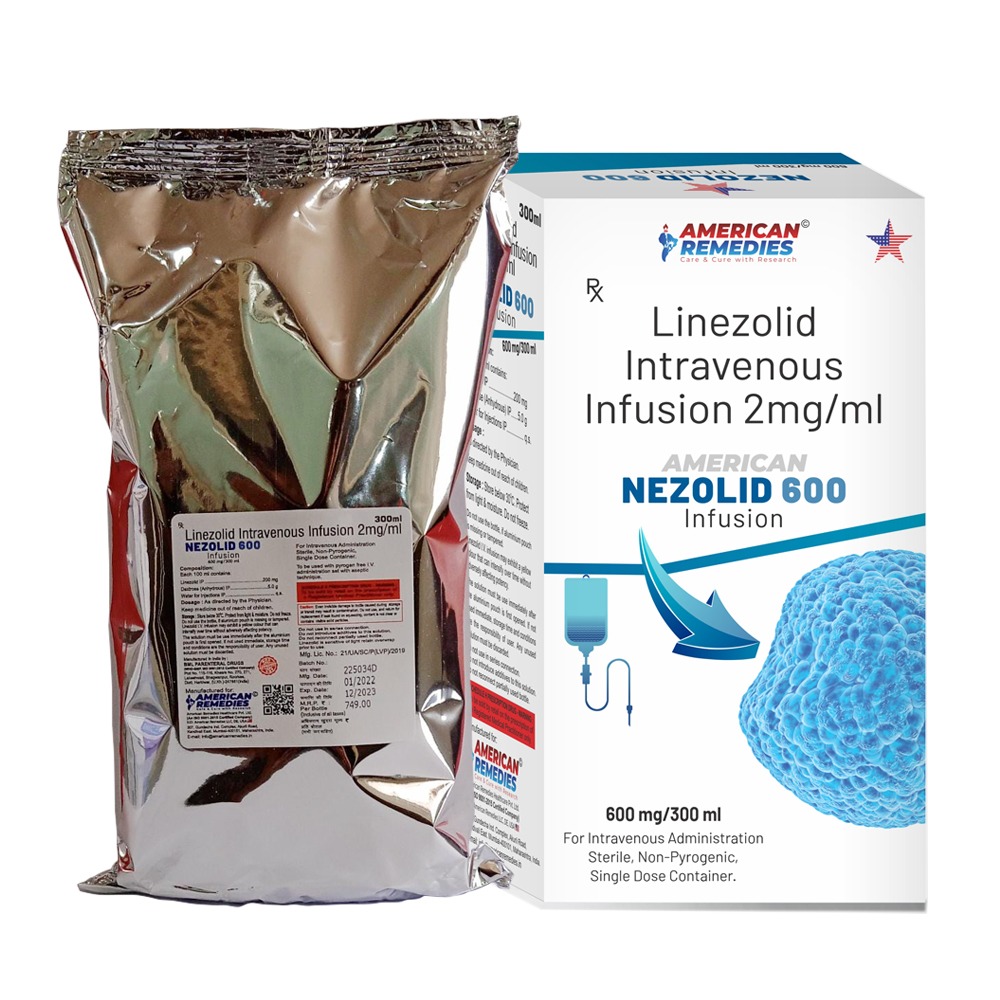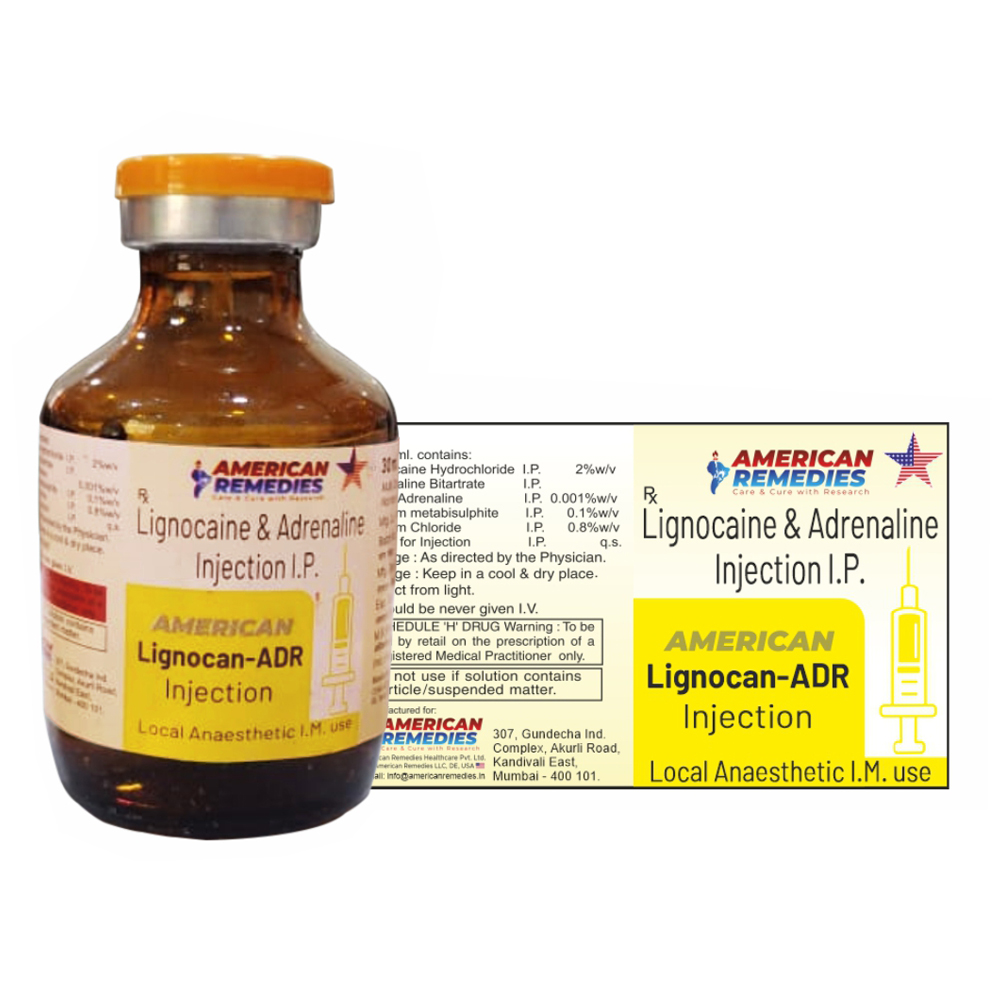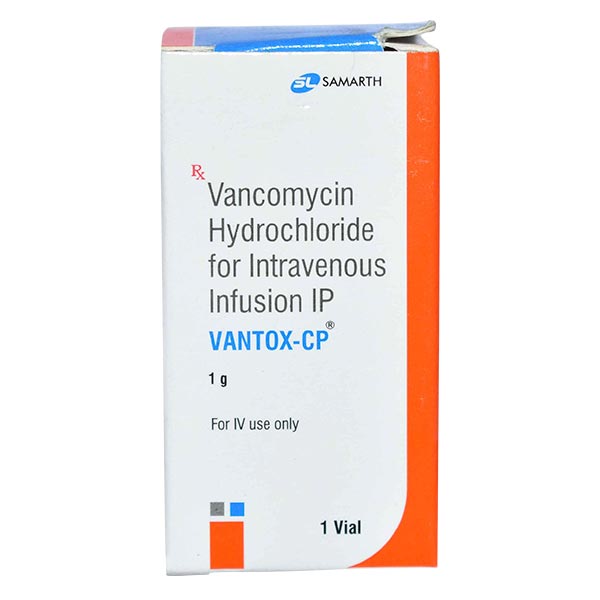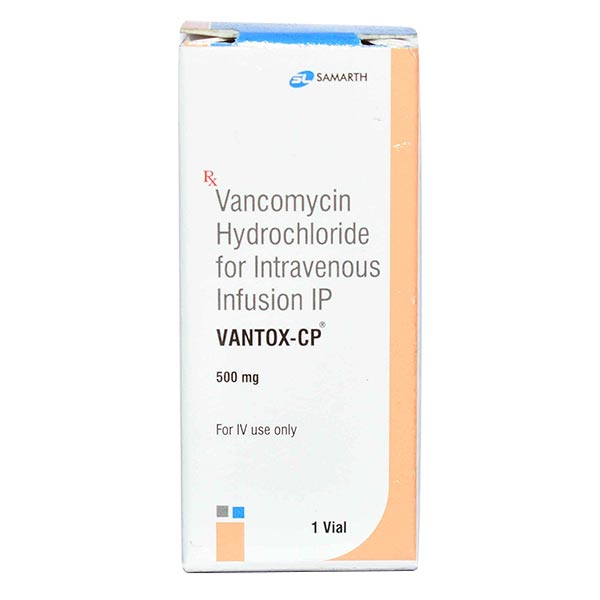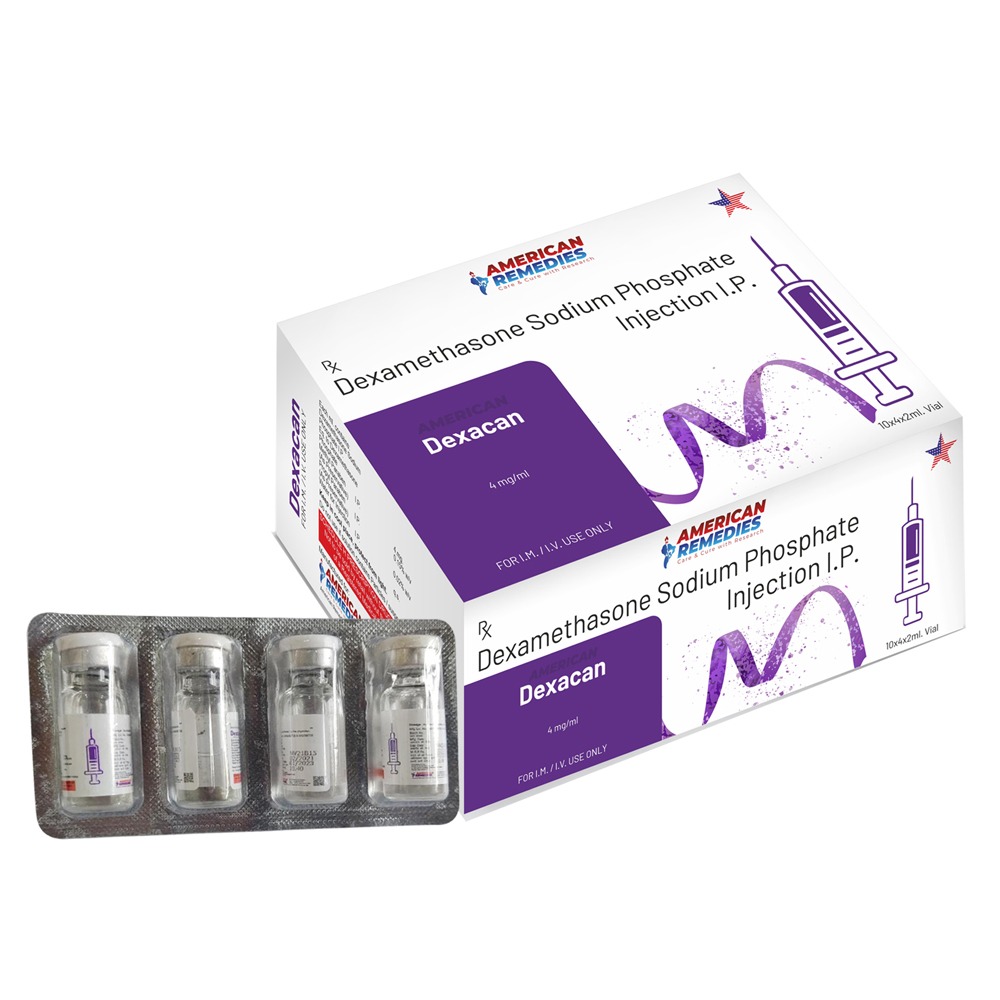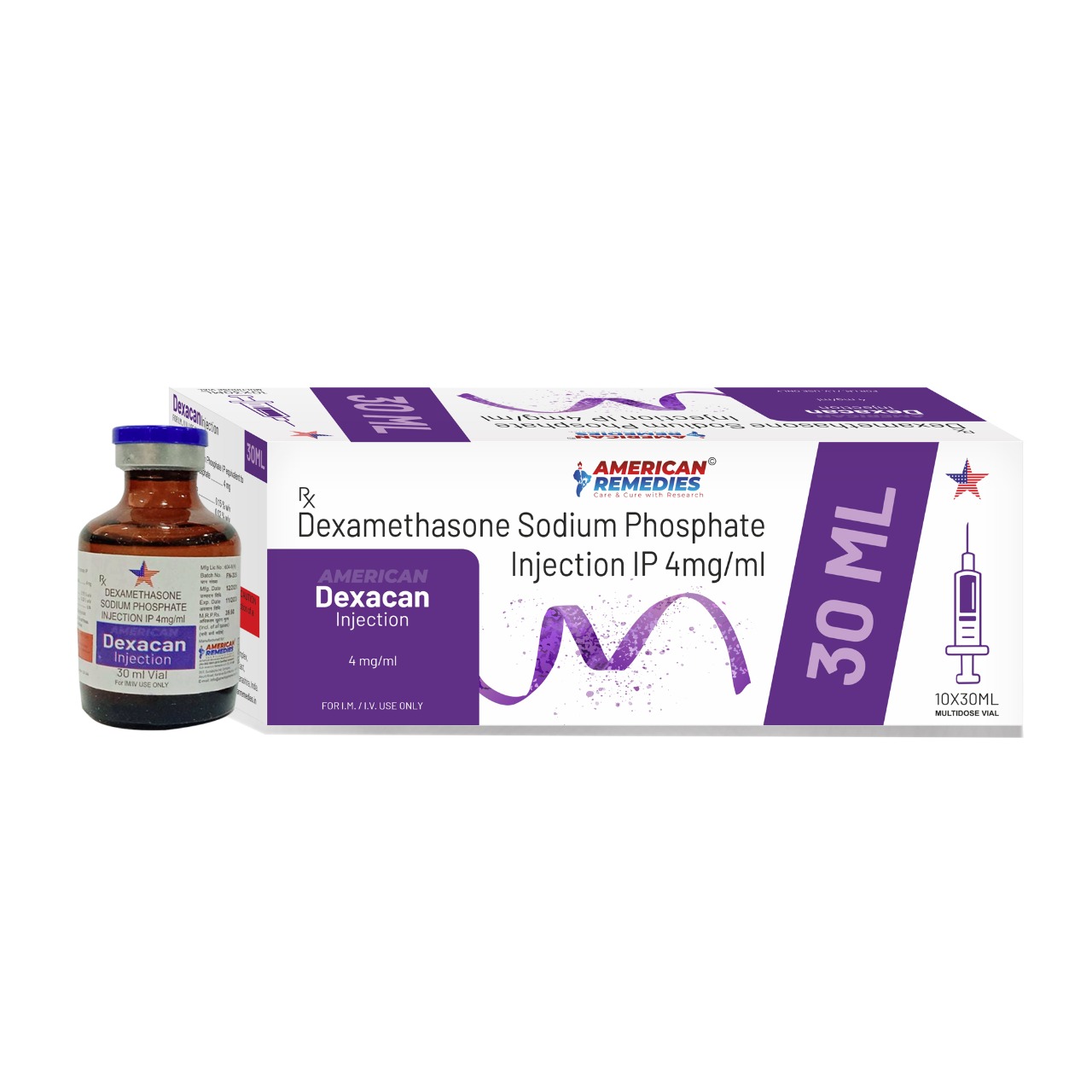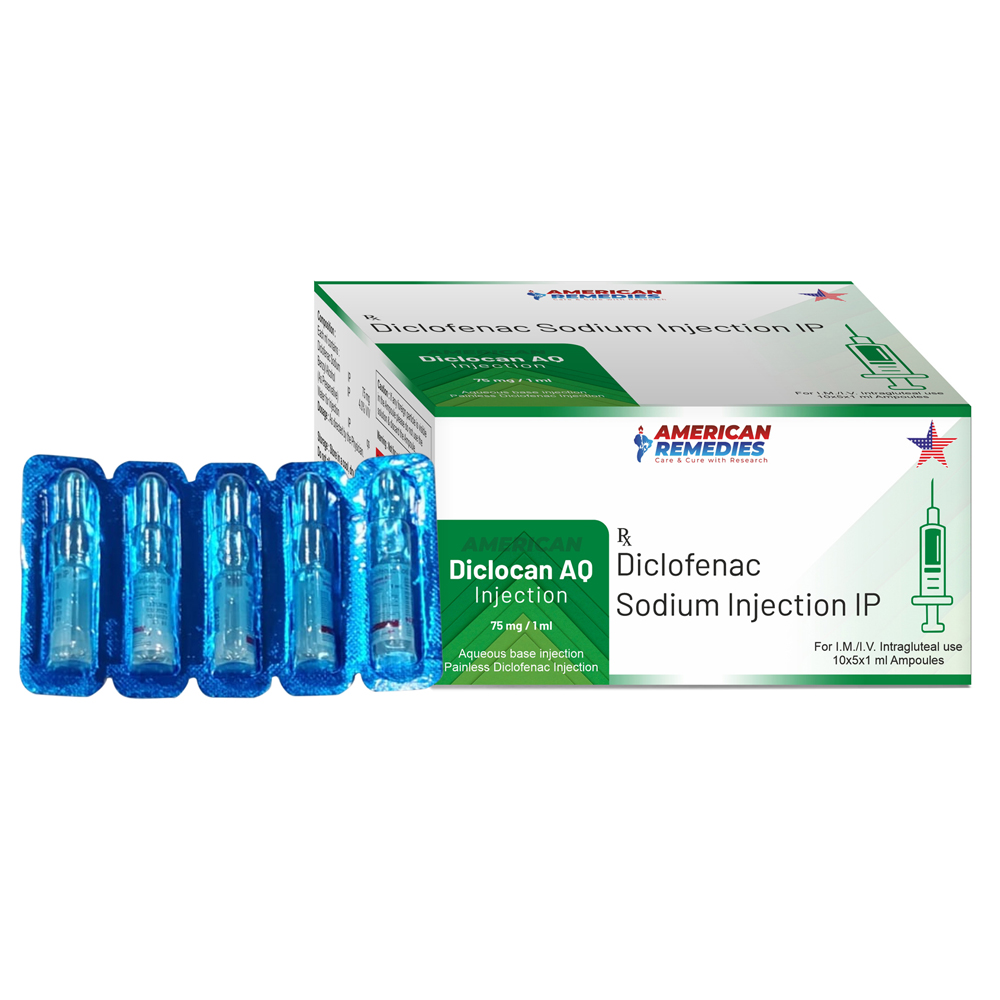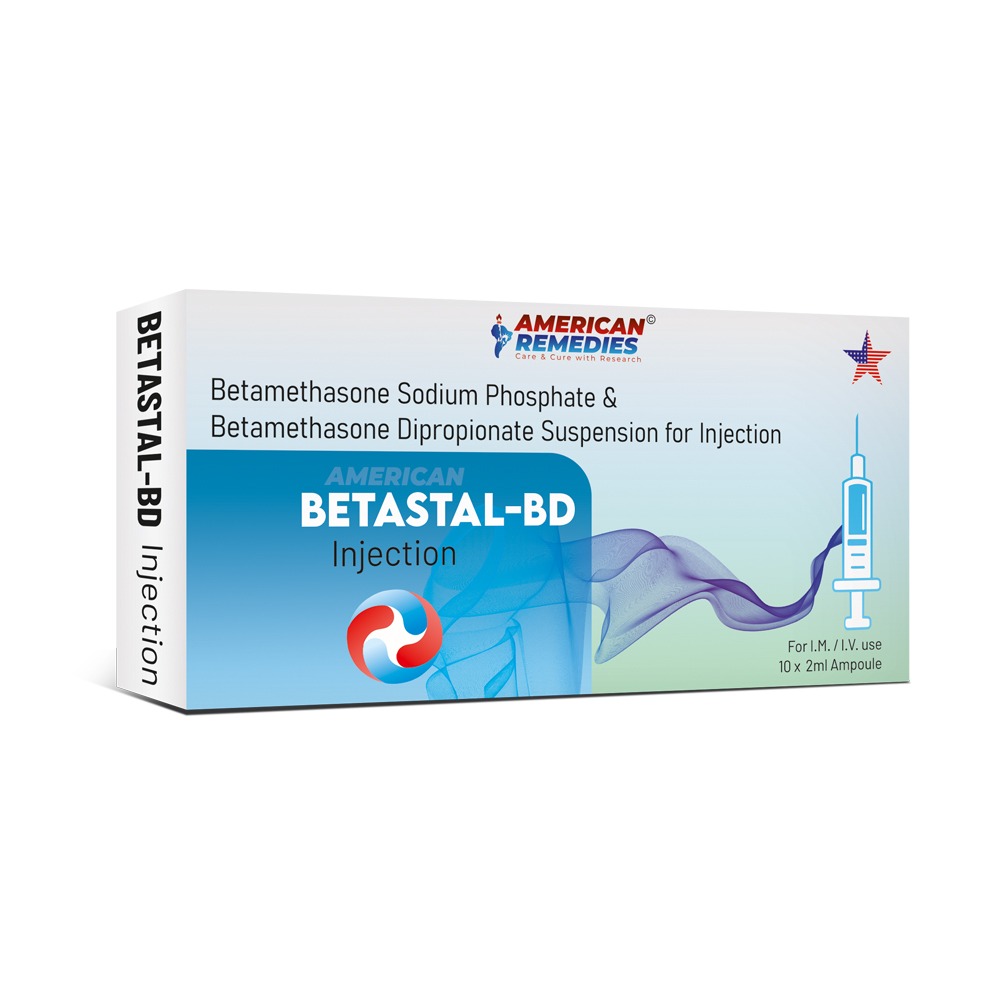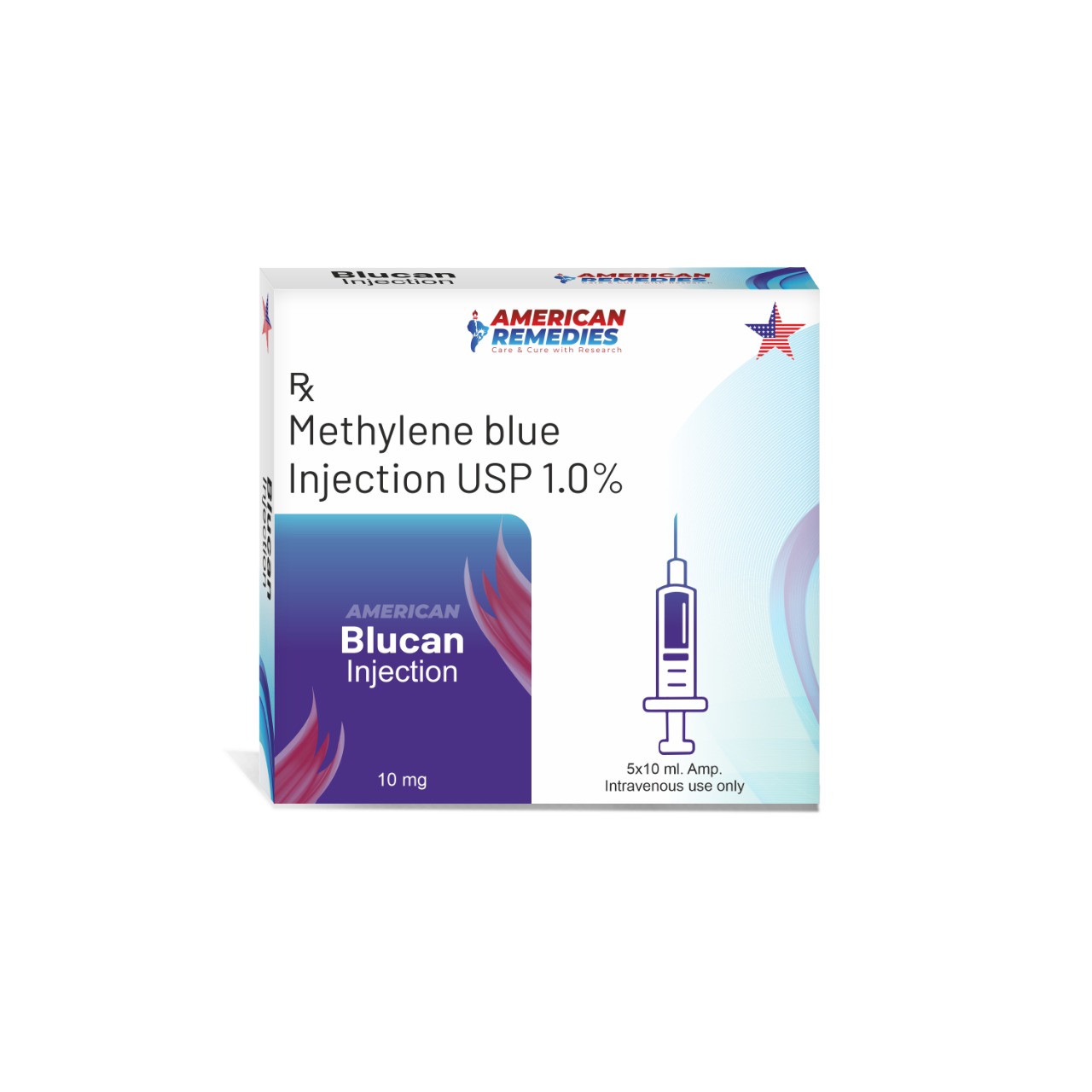Nezolid 600 Injection is a brand of Linezolid Injection 600 mg/300 mL, manufactured by American Remedies. Linezolid is an antibiotic belonging to the oxazolidinone class, effective against various serious bacterial infections. ________________________________________ ✅ Primary Uses Nezolid 600 Injection is indicated for the treatment of: • Nosocomial Pneumonia: Hospital-acquired pneumonia caused by susceptible strains of bacteria. • Community-Acquired Pneumonia (CAP): Pneumonia acquired outside of healthcare settings. • Complicated Skin and Skin Structure Infections (cSSSIs): Infections involving deeper layers of the skin and underlying tissues. • Vancomycin-Resistant Enterococcus faecium (VRE) Infections: Including cases with concurrent bacteremia. These infections are typically caused by Gram-positive bacteria, including multidrug-resistant strains. ________________________________________ ⚙️ Mechanism of Action Linezolid works by inhibiting bacterial protein synthesis. It binds to the bacterial ribosome, preventing the formation of the initiation complex necessary for protein production, thereby halting bacterial growth. This bacteriostatic action is particularly effective against Gram-positive organisms. ________________________________________ ⚠️ Precautions • Drug Interactions: Avoid concurrent use with monoamine oxidase inhibitors (MAOIs), selective serotonin reuptake inhibitors (SSRIs), tricyclic antidepressants (TCAs), and certain other medications due to the risk of serotonin syndrome. • Pre-existing Conditions: Use with caution in patients with a history of seizures, diabetes mellitus, liver cirrhosis, or renal impairment. • Dietary Restrictions: Limit intake of foods high in tyramine (e.g., aged cheeses, cured meats, soy products) to reduce the risk of hypertensive reactions. • Pregnancy and Lactation: Consult a healthcare provider before use during pregnancy or breastfeeding.
Send Message